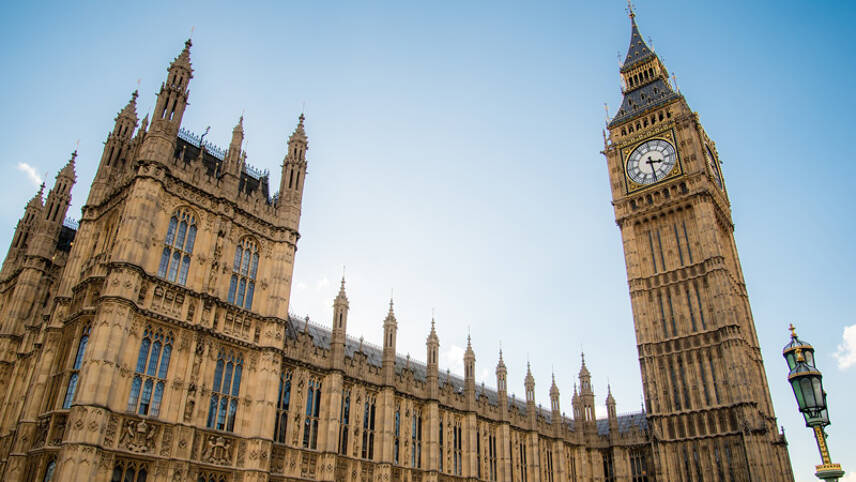Register for free and continue reading
Join our growing army of changemakers and get unlimited access to our premium content

The industry has laid out five major policy demands for the Government to ensure the nation achieves its net-zero by 2050 goal.
This was an option that had been considered by Prime Minister Rishi Sunak since last year, as he seeks to put his own stamp on the shape of the UK’s net-zero transition with a stated priority of minimising costs to the general public.
The Prime Minister has repeatedly pointed to the fact that the UK delivered greater emissions reductions than were needed under its first, second and third carbon budgets. It is also set to ‘overachieve’ on the fourth, which covers the period between 2023 and 2027.
Sunak had been advised against carrying forward this surplus by the Climate Change Committee (CCC).
Committee members cautioned three months ago that carrying forward the surplus could jeapordise the UK’s ability to meet its binding targets to cur emissions further by 2030.
Chopping and changing carbon accounting requirements, the Committee warned, could undermine investment in key low-carbon industries and technologies by sowing confusion in the private sector.
The CCC’s most recent annual progress report to Parliament concluded that the nation is already “substantially” off track to meet 2030 emissions targets, with policies lacking in relation to issues such as building energy efficiency, low-carbon heat and emissions from agriculture. A new report is due next month.
Justin Tomlinson, junior Minister at the Department for Energy Security and Net-Zero (DESNZ), said: “By deciding not to carry forward our over-performance from the third carbon budget, we are doubling down on our commitment to reach net zero, and we’re already halfway there. “
DESNZ announced in February a halving of the UK’s annual emissions since 1990, on a domestic basis.
The CCC’s interim chair Professor Piers Foster said the decision from the Government “is the right choice”.
He said: “The government has made a sensible decision, in line with our advice, not to kick the can down the road. Now is the time for more investment in low-carbon solutions across the country.”
Key groups across the UK’s green economy are relieved at the decision, which Ministers had until the end of May to make.
E3G’s UK energy programme lead Juliet Phillips said the decision was “essential if the UK is to be considered a climate leader, and not just cooking the books”.
The Energy and Climate Intelligence Unit’s head of energy Jess Ralston said: “Accepting the advice of the CCC is another example of the Climate Change Act working and means the current Government regains some leadership both internationally and domestically. Net-zero is a global megatrend driving billions in investment which the UK now has to compete for if it wants a piece of the pie.”
Net-Zero Tracker estimates that governments representing almost 90% of global annual emissions and the world’s population have set net-zero targets to date.
Ralston also noted that another change in the UK Government’s net-zero approach could further “rattle” investors, following U-turns on policies relating to electric vehicles, energy efficiency and home heating last September. The CCC’s forecast is that these changes could make emissions reductions more costly and risky in the longer-term.


Please login or Register to leave a comment.